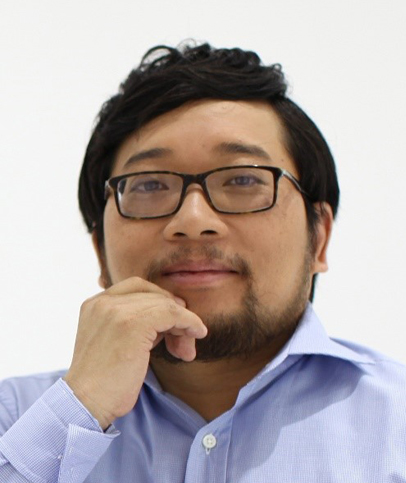
Qi-Jing LI
Email: Li_Qijing@a-star.edu.sgBiography
Qi-Jing was graduated with his B.S. degree from Peking University. During his junior year, he was fascinated by the dedicated balance between immunity and tolerance, which became the core theme throughout his scientific career. As a Helen Hay Whitney Fellow, he was trained by Dr. Mark Davis at Stanford University to become a T cell biologist. Qi-Jing’s early research focused on the specificity and sensitivity of T cell antigen receptor (TCR). He made a series of contributions in determining the minimal subunit and rate-limiting step of TCR activation. His pioneer work introduced microRNA into the immunology field and determined that miR-181a as an intrinsic master regulator for T cell sensitivity. As a Whitehead Family Foundation Scholar, Qi-Jing started up his first independent lab at Duke University School of Medicine, where he established his research program in tumor immunology and immunotherapies. Besides the basic research, Qi-Jing has translated his expertise in molecular biology and TCR antigen recognition into clinical immune monitoring and cancer immunotherapy. As an academic scientist, Qi-Jing has developed new technology platforms for immunogenomics profiling, engineered various cell therapy tools, and designed and aided numerous phase I/II therapeutical trials against various cancers.
Main Appointment
Research Director, Institute of Molecular and Cell Biology (IMCB), A*STAR
Research Focus
Aiming to develop new immunotherapies against cancers, and interconnected with clinical trials executed by clinician collaborators and immunogenomic tools developed in house, my research program rests on three pillars – the T cell, the Tumor Microenvironment, and Immunotherapy.
We regard the tumor as an acquired immunosuppressive organ. By this scientific precept, we study how tumors inhibit T and NK cells-mediated immunity both locally and systemically. Currently, aided by bioinformatics, animal models and clinical cohorts, we are actively dissecting signaling pathways, transcription regulatory networks, and epigenetic programs governing T and NK cell differentiation in the tumor microenvironment. Moving beyond the local microenvironment, our previous studies also demonstrated that tumors remotely modulate T cell mediated immunity at every step: priming, trafficking, and intratumoral function. Our in-depth investigation unveiled the profound impact of this “tele-education”: established tumors hijack hematopoiesis to protect themselves against T cell surveillance. The next step is to develop clinically feasible strategies counteracting tumors-biaed systemic immune suppression.
The expanding boundary of T and NK cell biology is the frontier of cancer immunotherapy. The contrast between the unprecedented success of T cell-based therapies for blood malignancies and their repeated failures against solid tumors vividly highlights our prevalent challenges: to understand how T cells can infiltrate tumors; how infiltrated T cells can resist microenvironmental suppression; and how activated T cells can form persistent memory to restrict tumor development and metastasis. As a general principle, we believe that it is necessary to empower CAR-T or TCR-T cells with enhanced functionality against solid tumors. We also believe the NK cell is a promising platform to integrate genomic engineering for shelf-ready immune cell therapy. Currently, we are actively involved in such armored CAR-T/CAR-NK or TCR-T/TCR-NK trials for various solid tumor treatments.
PUBLICATIONS
A*STAR celebrates International Women's Day

From groundbreaking discoveries to cutting-edge research, our researchers are empowering the next generation of female science, technology, engineering and mathematics (STEM) leaders.
Get inspired by our #WomeninSTEM
